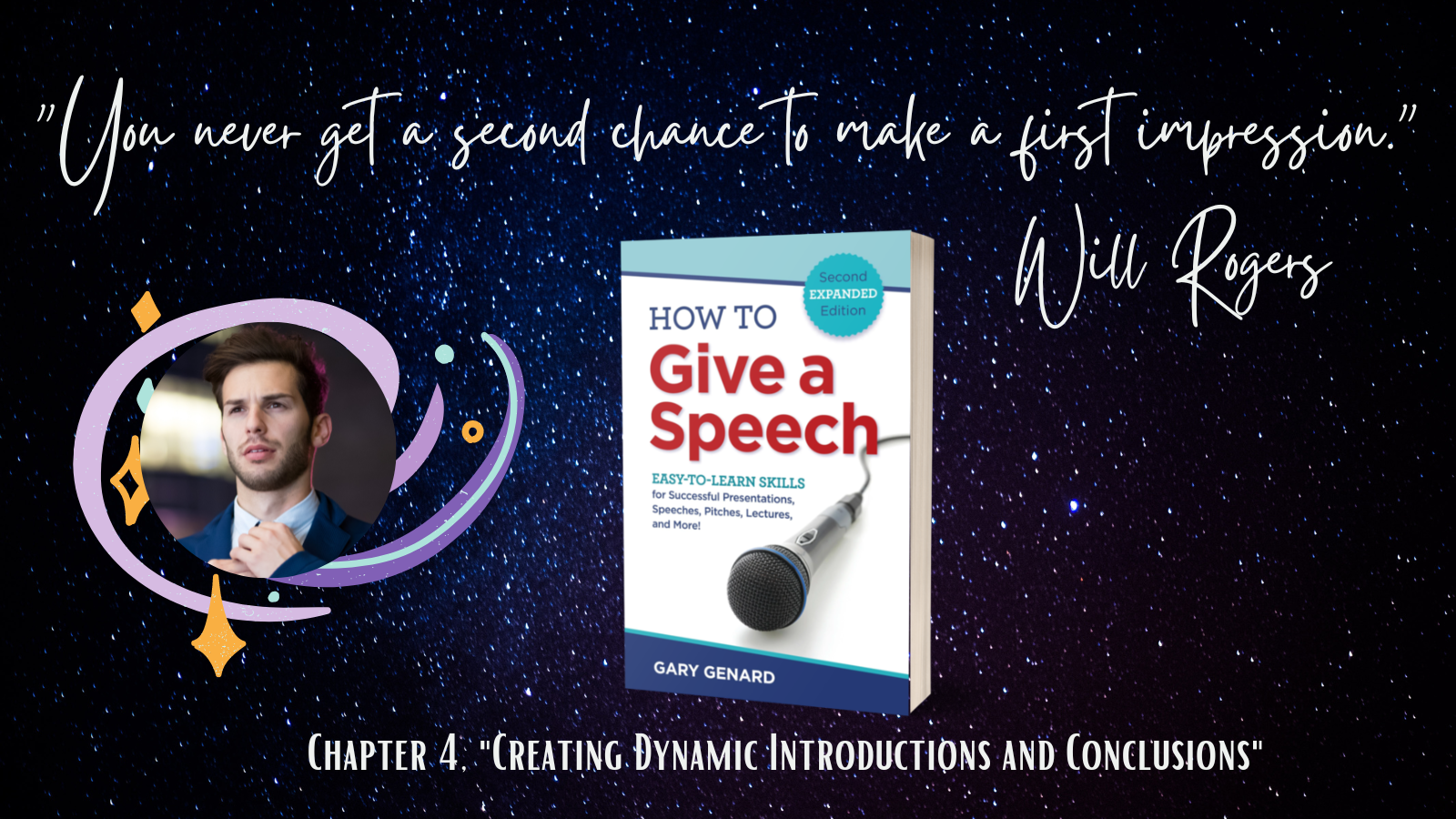Does your speech anxiety bug you because you know there's no reason for it? Is it all in your head? Well, yes, it is. This is your brain on stage fright!
Speech anxiety can really drive you nuts, can't it?
It's one thing to go through the nervous anticipation, negative self-talk, lack of focus while speaking, and all of the physical symptoms.
On top of all that, you may be constantly reminded that there's no rational reason for you to be distressed. Actually, that's perfectly true. On the other hand, you're hard-wired for stage fright. So, what's a speaker to do?
Are you ready to finally tackle your speech anxiety? Conquer your stage fright in as little as 12 days with my book, Fearless Speaking. Find it here on Amazon.
Is It All in Your Mind?
If you’re extremely apprehensive about speaking, in addition to the fear itself you may feel confused. You may understand, for instance, that you’re an expert in your field, with years of experience and no problems having conversations about it. Therefore, you may wonder why you go through nervousness or dread over public speaking.
Why not learn to love public speaking instead of dreading it? Find out how with my Free cheat sheet, "10 Fast and Effective Ways to Overcome Stage Fright."
But fear isn’t a rational process. It doesn’t do any good to tell yourself that your response is all in your mind. It’s true that there are powerful neurological reactions that are responsible for some of your fear. Emotional and social responses; negative self-talk; and physiological reactions all play a role in how speech anxiety manifests itself.
British voice coach Patsy Rodenburg, who works with high-profile actors on the English stage, claims that according to a medical study, “An actor going onstage for a press night [when theater critics are invited] undergoes the same tension as a victim in a major car accident.”1
That certainly indicates major stress. But it also means major excitement (the positive state you want to get to). Let’s look first at how your mind creates the fearful experience of stage fright.
Want more on the best public speaking tips and tricks? Check out my book, How to Give a Speech. You'll find 101 easy-to-learn ways to boost your skills. Go for it!
The Brain, Emotions, and Public Speaking
The Prefrontal Cortex and Limbic System
Homo sapiens, means ‘wise’ or thinking human being. That attribute—so critical to our nature as a dominant species—can get in our way when we speak in public. That’s because it can be hard to turn our powerful brains off!
What about when your brain shuts down in a moment of panic? What can you do? Find the answer in my Free cheat sheet, "Oops! 5 Ways to Recover From a Brain Freeze."
The executive part of our brain, or prefrontal cortex, is designed to control thought, reasoning, emotion, and planning. And in the human brain, it’s really massive, taking up nearly one-third of the neocortex or outer layer of the brain. In our nearest relatives the chimpanzee, the prefrontal cortex is only 17% of the neocortex. In a dog, it’s 13%, and only 4% in a cat.2
An important part of the prefrontal cortex is the limbic system, a C-shaped structure deep in the brain, which is that organ’s emotional center. While generating emotional responses, the limbic system also communicates with the centers of higher consciousness, and is involved in instinctive behaviors.3
Limbic ‘Memory’
Another important function of the limbic system is its power to embed emotional memories. Pleasant, dangerous, or otherwise significant events in our lives are encoded via the limbic system as encounters we remember—long after the original encoding event.
This has particular significance regarding ‘learned events’ in public speaking. Often, these are negative experiences (frequently but not always occurring when we are young) in which we ‘learn’ that speaking in public is dangerous, or just something that we don’t do well. I call it learning to fail. Significantly, it can undermine our confidence for years after the original event.
Sometimes, a tough audience can throw us off. Learn effective strategies with my Free cheat sheet, "7 Tips for Overcoming Audience Resistance." Be prepared every time!
One of my clients, for instance, was chosen years ago to deliver a speech to the entire high school in his senior year. He wasn’t particularly nervous. But partway through the speech, everything seemed to fall apart and he openly struggled with reaching the end of the talk. He considered the speech a very public failure. From that point on, he was convinced that he wasn’t any good at speaking in public.
Another client shared with me her triggering fearful event. When she was a girl, her sister locked her in a closet and left the room for some minutes. It was a terrifying experience because it taught my client how vulnerable she is.
She added after telling me this, “I love my sister dearly, and we’re great friends as adults.” Yet that event of long ago undermined her confidence in any situation where she feels vulnerable, like getting up in front of others. Notice how in this instance, the initiating event had nothing to do with public speaking. It didn’t matter because her limbic brain retained this traumatic emotional memory under a category of ‘Situations where I’m vulnerable and should be afraid.’
In my next blog, I'll look more closely at the section of the brain which actually sets off the alarm bells. This is the area that’s involved when you suddenly go blank at the opening of a speech, or when you panic and start looking for the exits. It’s called the amygdala, and it is squarely at the intersection of the public speaking situation and a fearful response to it.
1 Quoted in Mel Gussow, “Henry Higgins Is Real (and Female),” The New York Times, January 8, 2001.
2 Rich Karlgaard, “It’s Never Too Late to Start a Brilliant Career,” The Wall Street Journal, May 4-5, 2019, C1.
3 Rita Carter. The Human Brain Book (London: DK Publishing, 2014), 64.
This article is excerpted from my book, Speak for Leadership. Get a signed copy here. Or find it on Amazon.
You should follow me on Twitter here.

Gary Genard is an actor, author, and expert in public speaking and overcoming speaking fear. His company, The Genard Method offers live 1:1 Zoom executive coaching and corporate group training worldwide. In 2022 for the ninth consecutive year, Gary has been ranked by Global Gurus as One of the World’s Top 30 Communication Professionals. He is the author of the Amazon Best-Seller How to Give a Speech. His second book, Fearless Speaking, was named in 2019 as "One of the 100 Best Confidence Books of All Time." His handbook for presenting in videoconferences, Speaking Virtually offers strategies and tools for developing virtual presence in online meetings. His latest book is Speak for Leadership: An Executive Speech Coach's Secrets for Developing Leadership Presence. Contact Gary here.
Main photo credit: meo on pexels.






